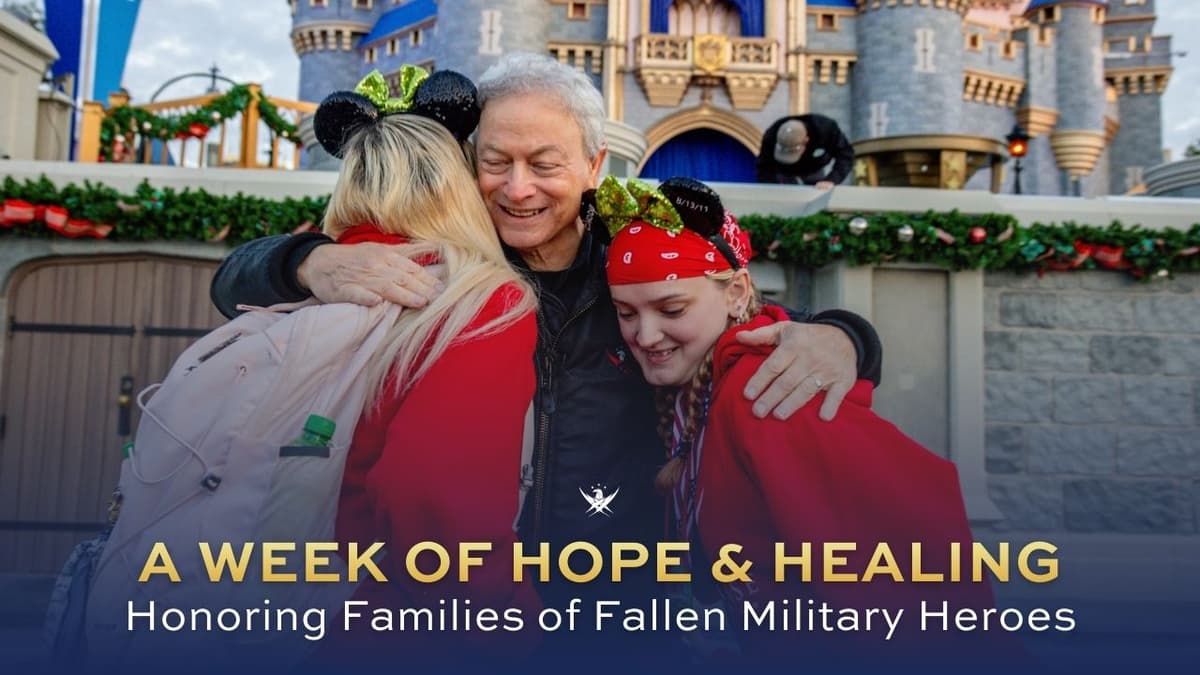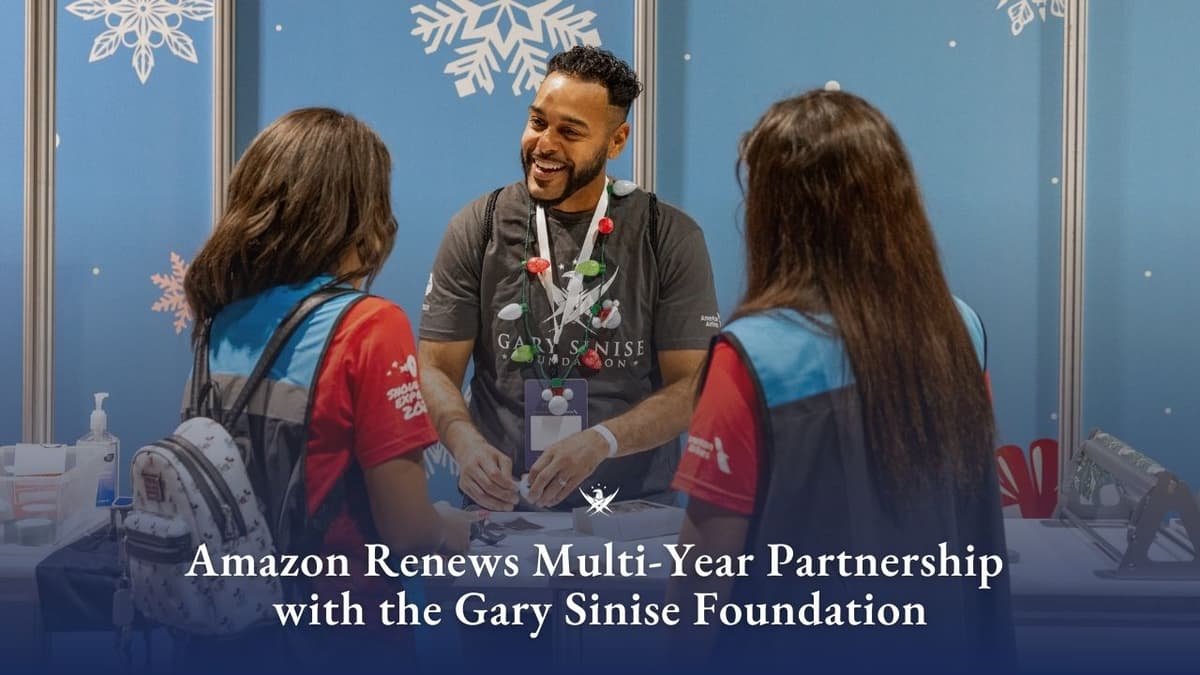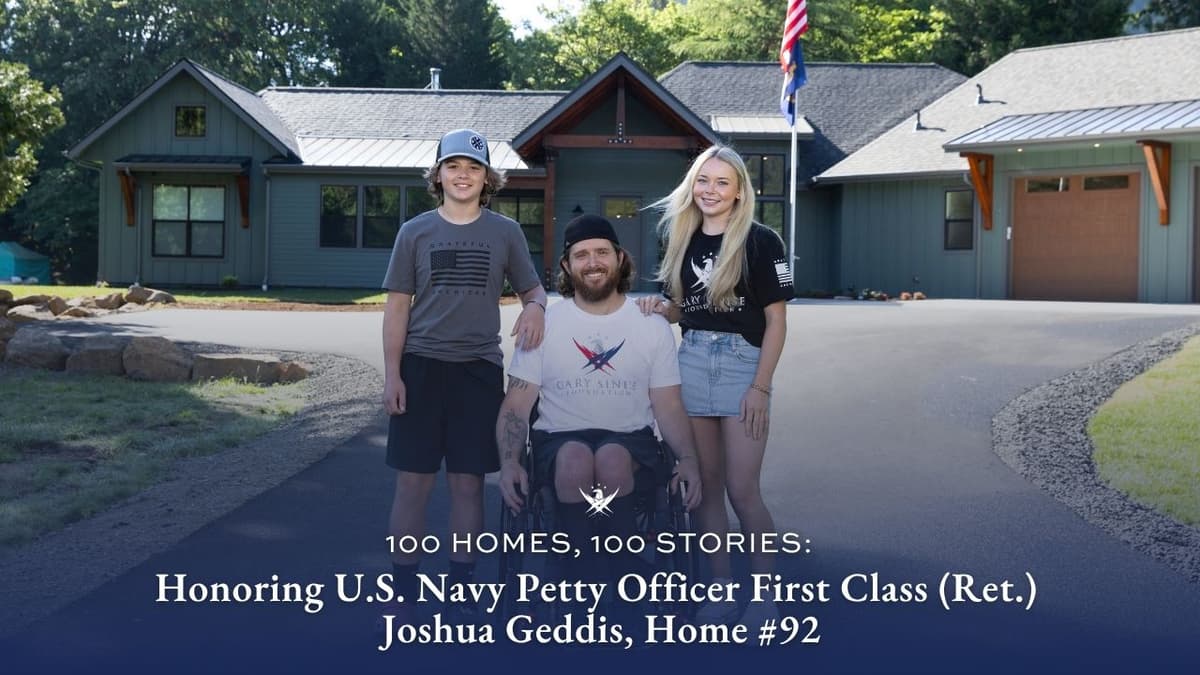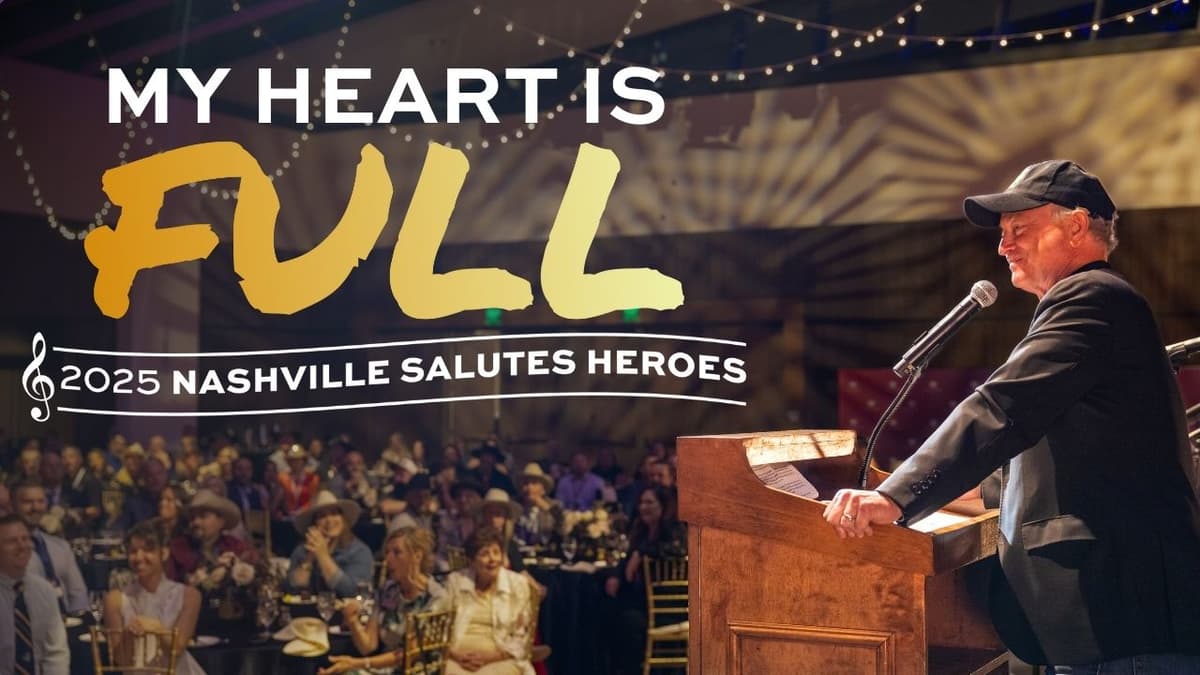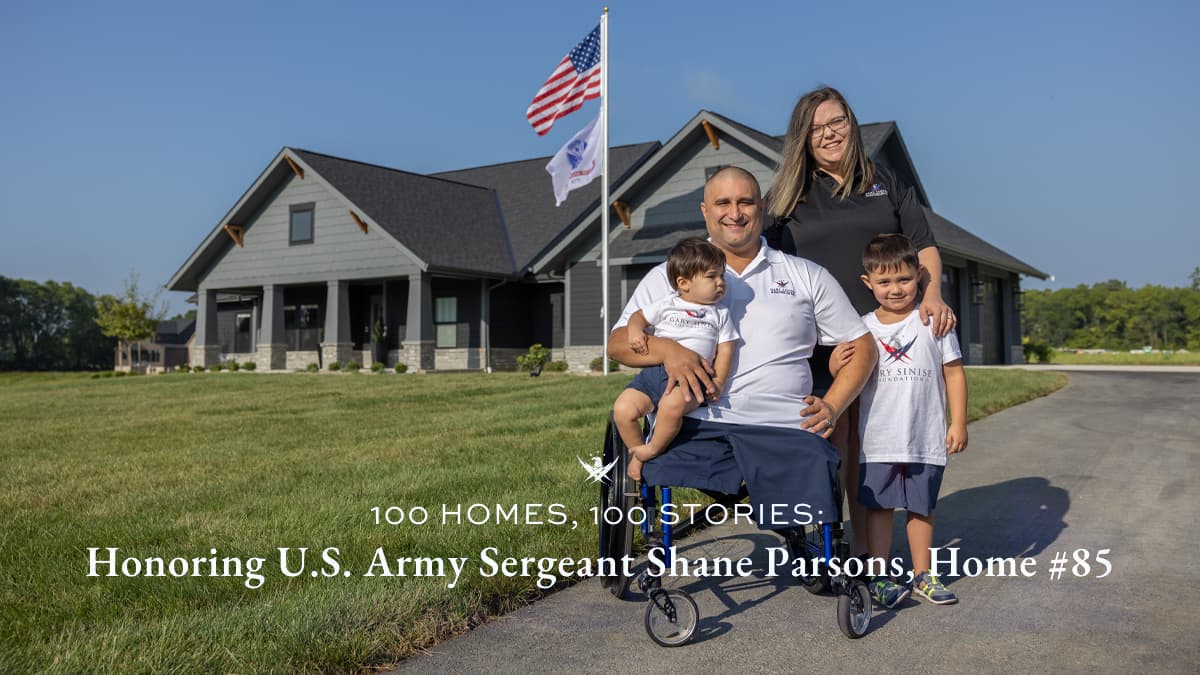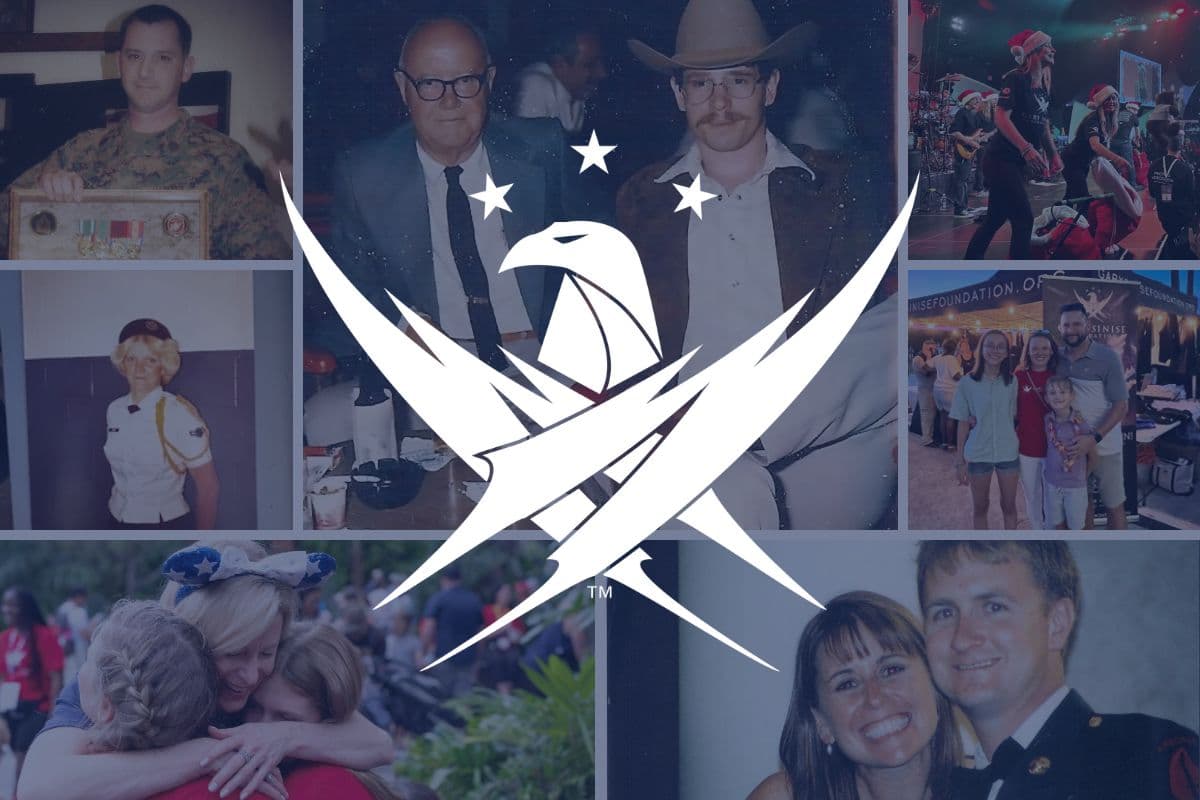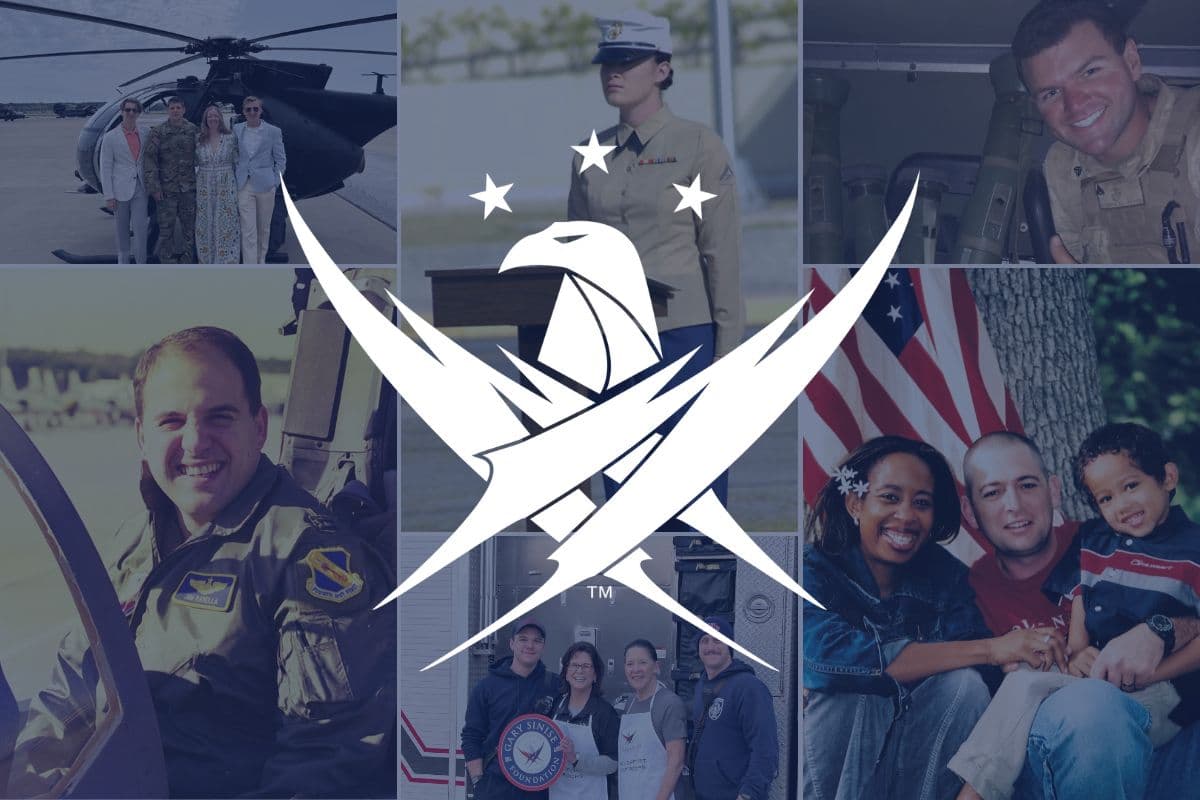Trip to North Carolina Zoo brings therapeutic relief, happiness to surviving family
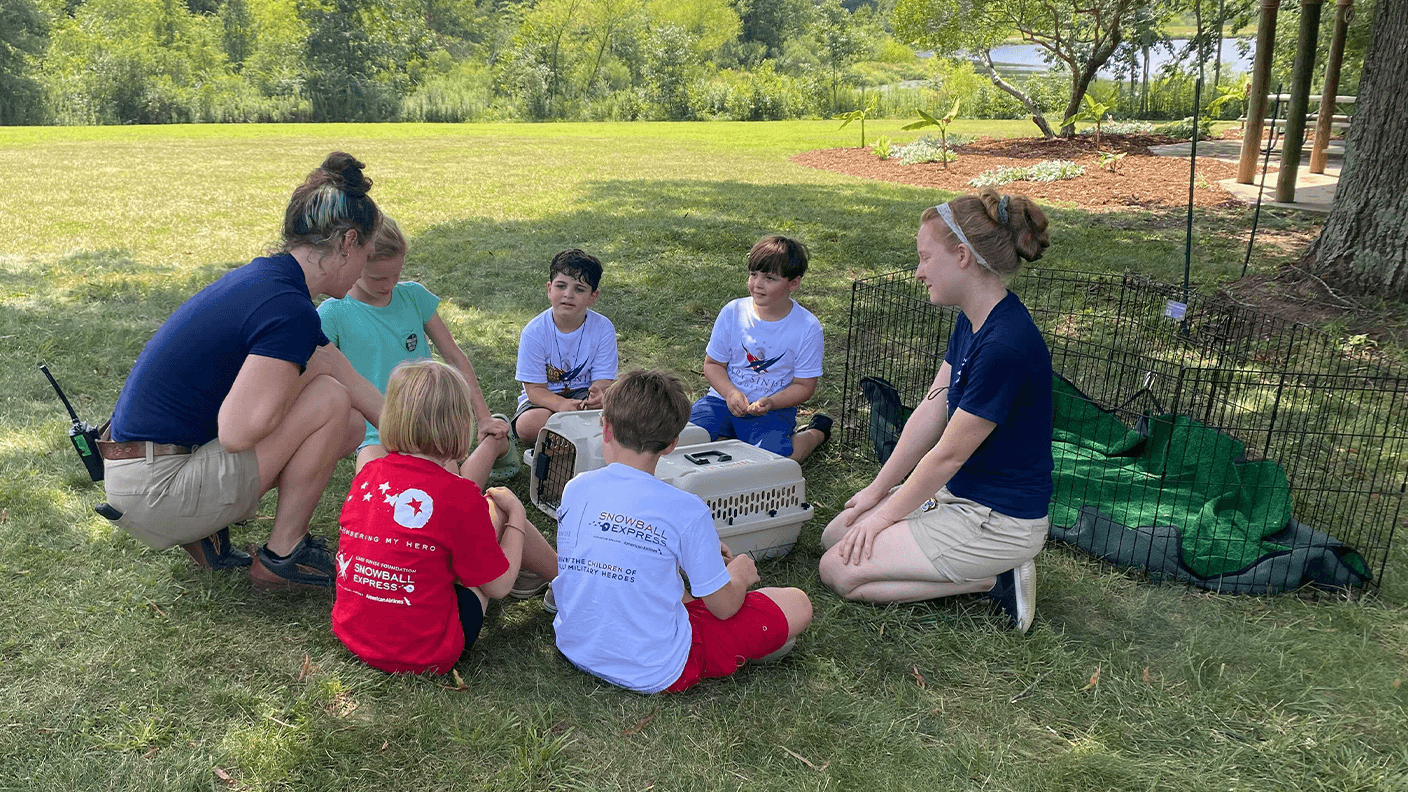
COVID-19 fatigue had long since settled in when Sandy Foster and her two children, Krista and Troy, visited the North Carolina Zoo last fall. Like many, they felt stressed. Little over an hour away from their home in Chapel Hill, they sought respite from their homebound lifestyle, and a needed change in scenery, among flora and fauna at the world’s largest habitat zoo in Asheboro.
They arrived high on excitement only to see their spirits sink.
As a COVID-19 precaution, indoor and enclosed habitats were closed to the public. While the North American and African habitats remained open, the Fosters couldn’t see the pair of 1,200-pound polar bears, Payton and Anana, or flocks of powdery pink Chilean flamingos and other exotic birds found inside the glass dome, cathedral-like aviary.
Nearly a year later, on Aug.14, the Fosters returned to a fully reopened North Carolina Zoo in the company of 16 other families taking part in the Gary Sinise Foundation Snowball Express. The initiative supports Gold Star and surviving family members of deceased service members with resources and year-round events, including an annual trip to Disney World.
The support system that sprung up since joining Snowball Express, Sandy Foster said, made the family’s trip to the zoo feel like home. “Their other people that are just like us, whether they lost a parent or a spouse or a brother.”
“It’s really comforting.”
Sandy’s husband, Daniel, took his own life in 2018. An intelligence officer in the Marine Corps, he deployed multiple times to combat zones, overtime growing estranged from his family. His death shocked Sandy and traumatized the kids. She was introduced to the Gary Sinise Foundation while working with the Tragedy Assistance Program for Survivors on her husband’s funeral expenses.
Since then, Sandy and her children counted themselves among the hundreds of families who descended on Disney World in Dec. 2019 during the annual trip to the Orlando theme park. But Snowball Express, she points out, is about more than just the Disney World trip. Rather, she said it gives her and her children the resources and support network they need, considering they’re no longer a part of the military community.
Despite the heat and oppressive humidity, Sandy, Krista, and Troy made up for last time.
Inside the Forest Edge habitat, whose 3.5 acres resemble the terrain found in its native Kenya, two giraffes found themselves in a frenzy. With one giraffe sticking its head into the viewing area, the other wedging part of its head through the wooden slats, Krista and Troy fed the gangly giants shredded lettuce from the palms of their hands. To their surprise, the animal’s tongue felt like sandpaper.
During a break in the day’s activities, families gathered for lunch outside the Africa habitat, where Steve Gerkin and several zookeepers introduced them to a three-year-old Galapagos tortoise and a pair of tenrecs, a palm-size miniature-looking hedgehog.
As the tortoise walked around an enclosed pen, Gerkin, the zoo’s interpretative program manager, explained to the rapt audience how the young reptile, over time, will grow to over 500 pounds in size. Kids took turns petting its hardened shell, quizzing the zookeepers on all tortoise matters. Said Gerkin, “It’s always fun to get that interaction going between the keepers that are there and the kids.”
Education programs like that provided to Snowball Express families, he explained, “provide an up-close encounter, provide a memory, a smidge of empathy because they’re that close [interacting with animals], and hopefully that carries through as the kids get a little older.”
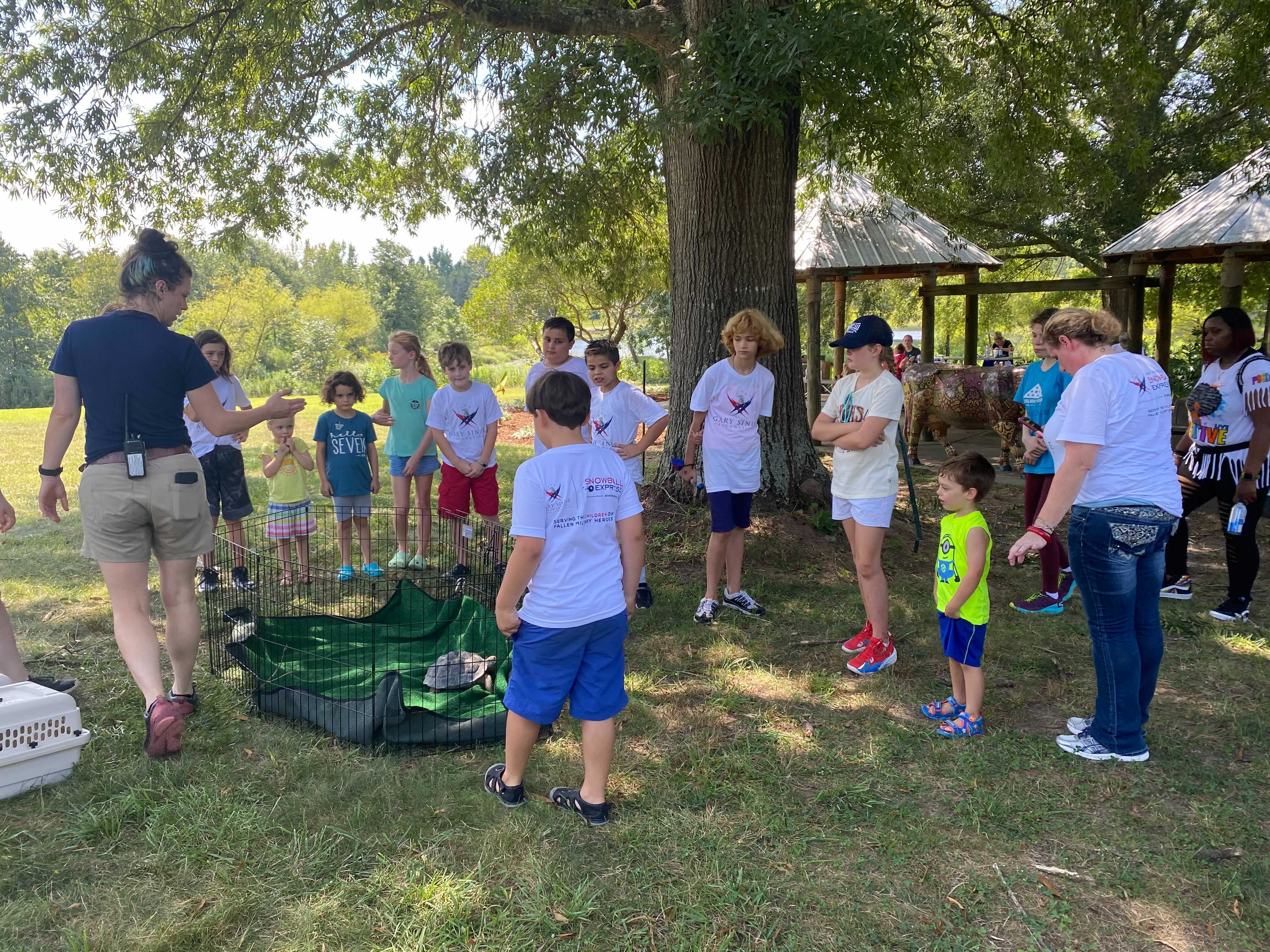
Throughout the day, the more Sandy and her children explored each habitat across 500 of the zoo’s 2,600 acres — observing and in some cases, interacting with one of the thousands of exotic plants and wildlife — it became “a therapeutic experience both for myself and for the kids,” Foster said. “That’s how kids heal from trauma. It’s animals.” Foster said. “It’s that trust relationship.”
For much of last year, Krista, a high school freshman who is autistic, struggled. Stay-at-home directives and online schooling that metastasized throughout the pandemic were particularly hard on her. As was her father’s death. She grew depressed. Since childhood, animals have been part of her life. A constant companion.
Equally fascinated by and fearless around lizards and snakes, she is unflinching when removing copperheads from the family’s backyard. The same snake accounts for “over 90 percent of venomous snakebites” in the state, according to the North Carolina Wildlife Resources Commission. Seeing these creatures and many others from the animal kingdom, she said, was really fun. “I liked it a lot.”
Said Foster, “My kids’ happiness means everything to me, so seeing them put those walls down, put those fears aside...it just made me happy.”

